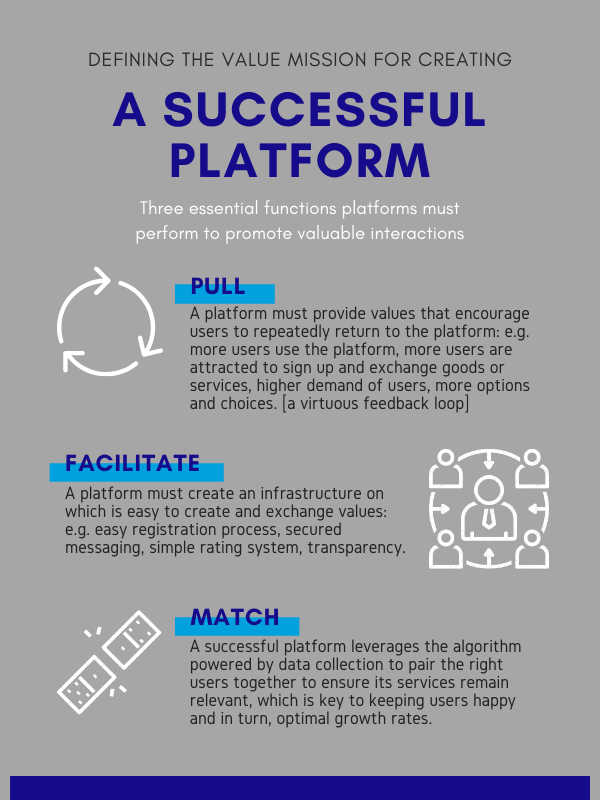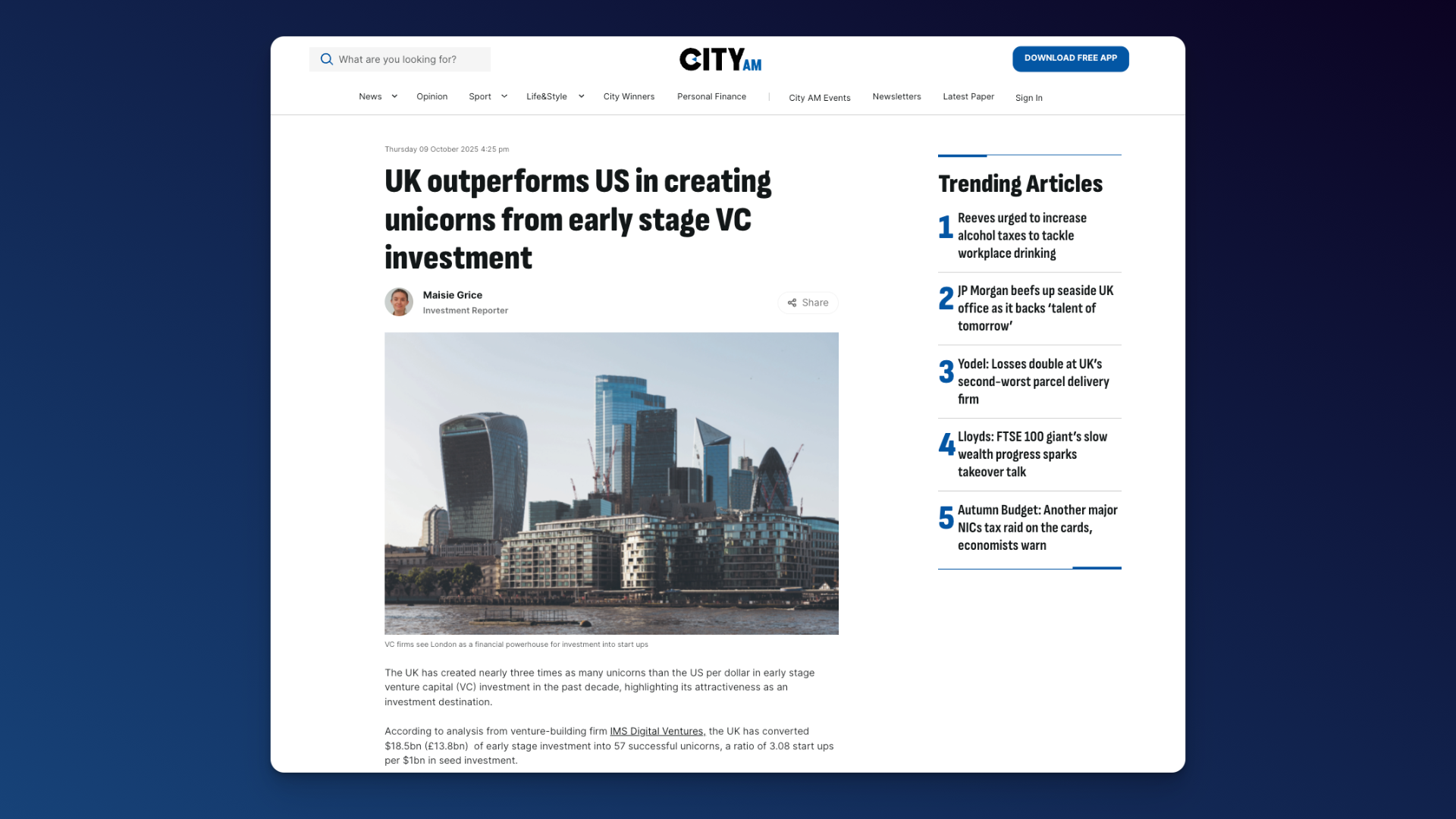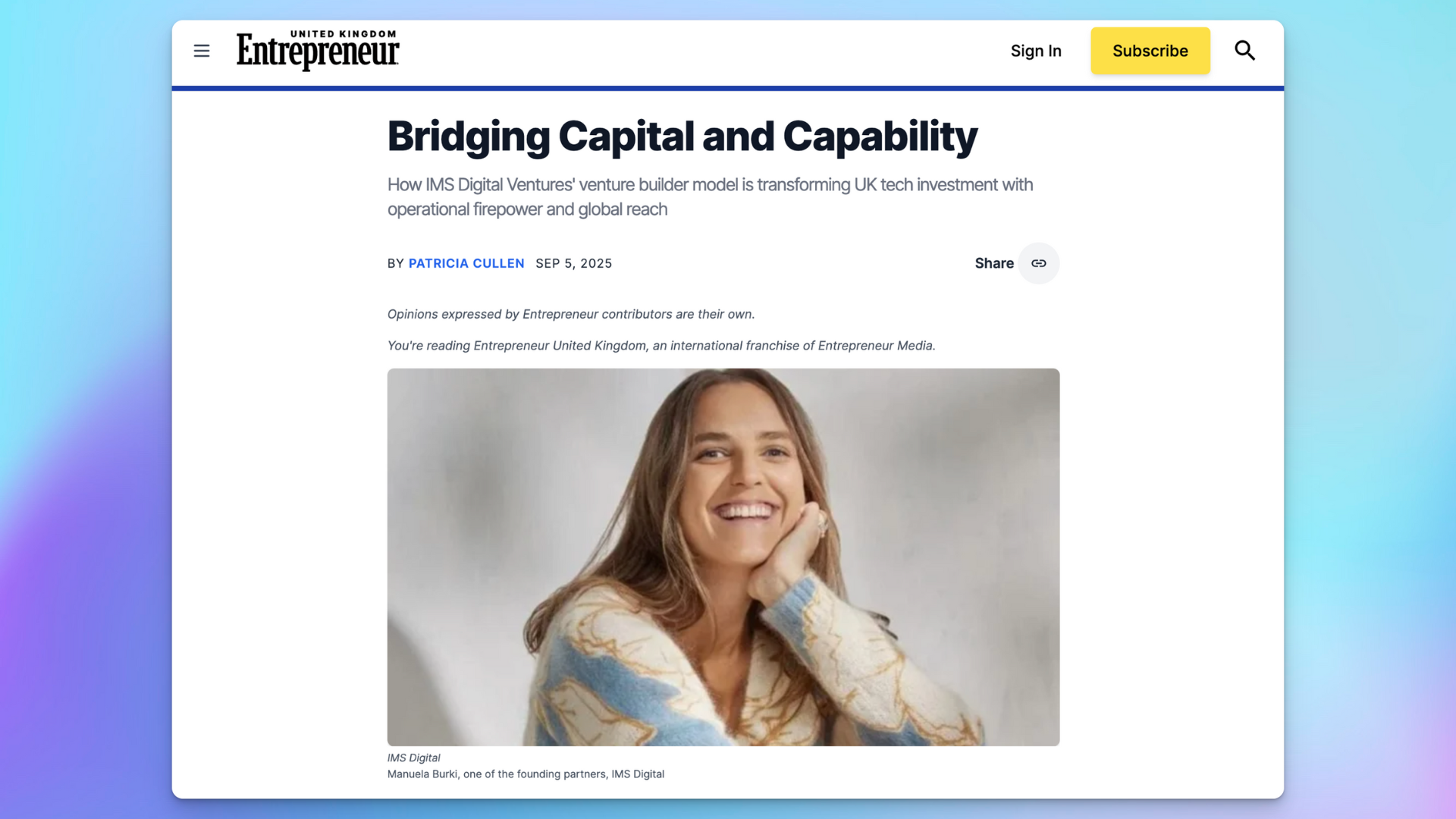Introduction
In 2019, French startup BlaBlaCar’s revenue grew by 71%. If you’ve never heard of this startup, it’s either because you haven’t caught up to the carpooling trend yet or are not European.
BlaBlaCar, which was created in 2006, is a long-distance ride-sharing marketplace on which drivers offer rides from one city to another across France and Europe, and where passengers can input pick-up and drop-off points while checking prices and reviews of the drivers and vice versa.
With over 80 million members – both drivers and passengers – registered on its platform, BlaBlaCar’s originally small and simple concept stemmed from closing the gap between drivers travelling alone in their cars and bearing high fees in tolls and gas and passengers trying to find cheaper and friendlier ways of travelling than by bus or train. Their business model has effectively revolutionized the transport marketplace.
One of the key factors to their success is attributed to their adoption of a platform business model. This article aims to pinpoint some of the advantages this model presents for organizations in order to be more customer-centric, offer different brand touchpoints and ultimately grow sales and revenue.
What is a business platform?
In a nutshell, a platform is where users can connect to one another, whether directly or indirectly, and exchange three things: information, goods/services, and some form of currency, during their interactions on the platform. For your brand, these three things are defined as below with straightforward examples:
- Exchange of information: users interact to define what is needed from the business. For example, if you are a passenger looking to hire a ridesharing service such as Uber, you will input your location and the platform will display the availability and approximate location of the drivers, their ratings, and the cost of the ride. The passengers can then decide whether they want to continue with the booking based on the information provided.
- Exchange of goods or services: This refers to the nature of goods or services being exchanged. If you are in the tourism industry and register your hotel on a third-party booking platform such as Agoda, it will be a win-win situation for both your brand and users. Indeed, you will benefit from the larger outreach of that third-party platform by getting bookings from new customer segments while users will be able to find accommodation at a lower cost and compare easily your hotel with others within a few clicks.
- Exchange of currency: After the goods or services are traded between users, an exchange of currency occurs. It can be of monetary nature but also of other nature such as a review or a referral. For instance, if you offer online classes or certifications such as Coursera, a rating on the quality of the curriculum is considered an exchange of currency, as it may affect whether future users choose to use your services.

Defining the value creation mission of your brand for creating a successful platform
According to the co-authors of Platform Revolution, Geoffrey G. Parker, Marshall W. Van Alstyne, and Sangeet Paul Choudary, a successful business platform begins with its core interaction, meaning identifying the value-creation mission of the platform. Be mindful that a business platform is distinct from a website or an app because of the full functionalities and AI-powered software that it uses. Essentially, a platform is a more finetuned and cutting-edge set of software to help you grow your business through internal and external means.
In housing rental’s Airbnb case, it all started with pairing travelers and homeowners, with the former looking for convenient accommodation for a reasonable cost without compromising on comfort and safety, and the latter seeking to earn extra money by renting out spare spaces, rooms, or units.
The value-creation mission really is at the heart of the platform. What is your brand’s? Once you’ve defined this, there are 3 essential functions the platform will perform in order to promote a plethora of valuable, easy core interactions: pulling, facilitating and matching.
- Pulling means attracting consumers to your platform. A platform must be providing values that encourage users to proactively and repeatedly return to your platform specifically. Ongoing health and food scandals in China, were the primary factors that led to the birth of organic brands platform Orghive. Consumers looking for a reliable provider of organic goods generated the initial demands for the platform. The founders then conceptualized Orghive with the goal to solve these problems and create values for consumers. But, simply having demand and value creation is far from sustaining the long-term success of any platform. In other words, a feedback loop is essential in order to drive the positive network effect. In Orghive’s instance, more consumers using the platform would attract more brands to sign-up; more brands showcased on the platform would improve choices and options to choose from for customers. Consumers who have had positive experience with the platform would continue to use the platform and create higher demand through word-of-mouth, pulling users of both sides (brands and consumers) to the platform.
- Facilitating means creating an infrastructure that makes it easy to create and exchange values via your platform. In Upwork, a freelance platform’s case, it takes only a few minutes to register as a new user and you can be both offering your skills and requesting skills of others at the same time. In several clicks, companies can easily request a specific profile to fill the task on hand or view the list of popular services to select the freelancers they would like to work with based on their fees or rating. Additionally, once a user’s profile is secured it is very easy to message via the platform to ask for additional details. After services are delivered, brands stakeholders can leave reviews for the work done, facilitating and encouraging desirable interactions.
- Matching means pairing the right users together so that your platform’s services remain relevant. This is ensured thanks to an algorithm powered by data collection. Real estate platform Property Raptor, for example, automatically matches agents or realtors with properties that prospective clients would be actively seeking. If as an agent you are seeking properties with family facilities (pool, gym, playground) for your client and the platform’s AI recommends multiple listings resembled to your dream home, the value found in the platform for you as a user would increase greatly, which will prompt you to recommend the solution to family, friends and colleagues. Therefore, accurate matching is important for platforms in keeping users happy and satisfied and ensuring optimal retention rate as well as growth rate.

Conclusion & takeaways
Many business platforms have emerged in recent years, but grasping the important theories and reflecting them in their platforms is the cornerstone for success. Uber, Airbnb, and BlaBlaCar, to name a few trailblazers, have shown that new layers of connectivity, of services and devices, have helped them remain leaders in their industry and continue servicing the evolving needs of consumers. In BlaBlaCar’s case, its recently added bus operations demonstrate how the core of the platform has remained the same while additional features and offers have helped build and leverage a larger community of members who have found the latter to be relevant to their needs. Newer platform business players such as real estate software Property Raptor and organic lifestyle platform Orghive, epitomize the importance of the key principles discussed above for a successful platform. In essence, if you are seeking to bring your business to the next level, harnessing the power of a business platform will be a worthwhile long-term investment.
If you are interested to find out more about business platforms, take a look at Anastasios Papadopoulos’ article on the value creation that platforms can enable.
Ready to take your business to the next level? Reach out to Manuela Burki (manuela@imanagesystems.com), Head of Strategy and Marketing at IMS to kickstart a discussion about how we can help your brand adopt a platform business approach.



